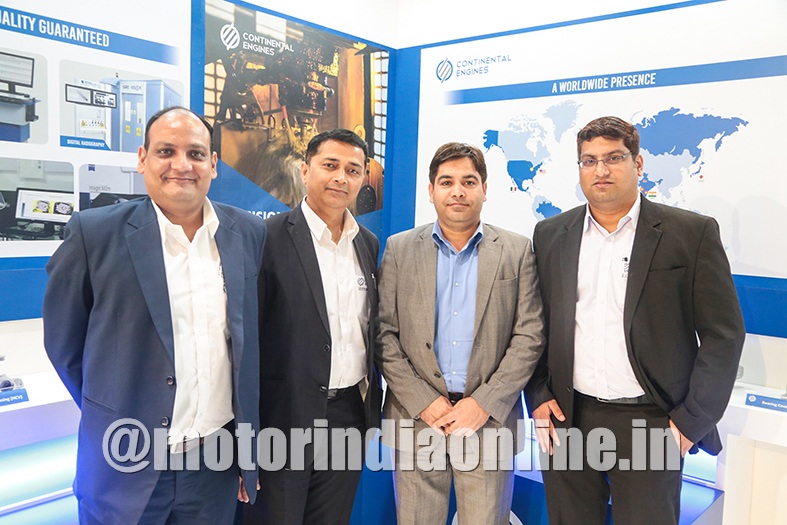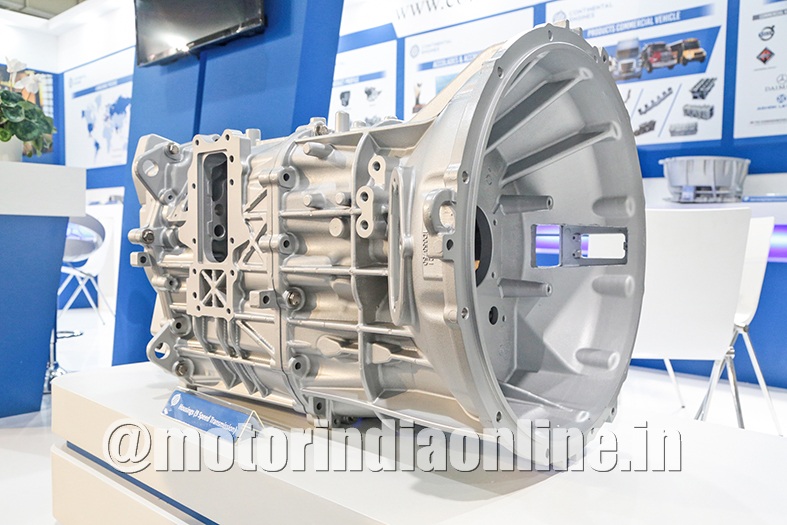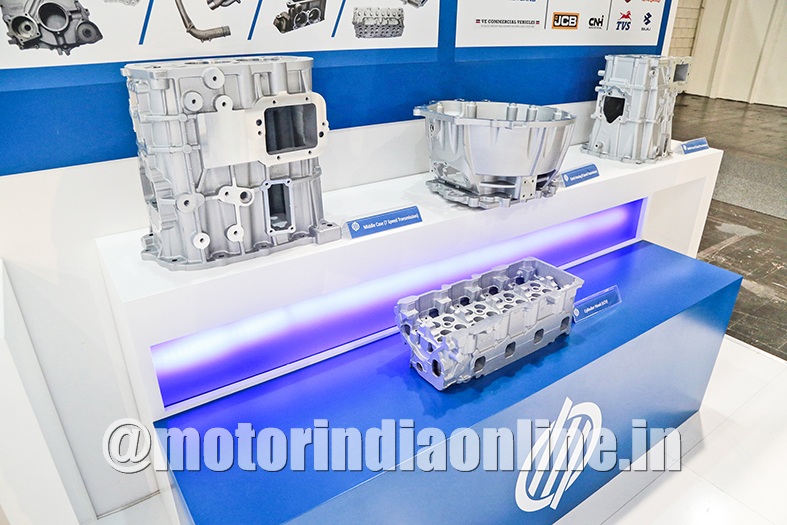The export-oriented business is now steadily doing a balancing act of feeding the domestic market as well. Continental Engines, with a current turnover of Rs. 425 crores, is gunning for exponential growth in coming years. It all started in 1996 when Continental Engines began operations in designing, manufacturing and distribution of intricate aluminium die cast components for major OEMs around the world.

Mr. Yogesh Sharma, COO, shared: “This is a unique company. Most companies begin with domestic and then start exporting, but we began with exports and now have come back to India. Today, manufacturing has become global because what we are producing is not for one geography but for the global platform.”
Mr. Jitendra Sharma, Head – Sales & Marketing, added: “We are among the top couple of companies in the world to make aluminium die cast components like cylinder heads and transmission parts. We consolidated our business in Europe and the US and now the Indian industry is growing too. So we wanted to train our focus here too. Currently our international and domestic market share would be roughly 50:50.”
Continental Engines is now making a foray into engine parts too, and as a true global manufacturing platform, the company is exporting to all its customers across the world.
Mr Yogesh Sharma said: “In the commercial vehicle segment we see that the traditional casting components have been used for a long time. As a de-risking proposition, we decided a couple of years ago to move into the trucking segment, and today we are the main suppliers to the global trucking OEMs across the world. We are shipping variety of components to all the European and American locations for a global OEM which is in India as well.”
Fresh off the block is Continental Engines’ brand new segment which is transmission housing. The company is working on it using low pressured die casting as against traditional methods.
Mr. Yogesh Sharma explained: “Most of the transmission housing across the world is produced by high pressure die casting, but we began with one of our domestic customers which has a JV with a European company by consciously not opting for this particular method. It is so because the traditional method requires high investments. Another disadvantage with this method is that the flexibility is lost over time, especially because this industry is cyclic in nature. It means that when there is a trough, there would be a huge idle capacity. That is why we opted for low pressured die casting where we are able to avoid the downsides of the traditional method. The advantages are that the investment is not so high with low pressured casting and the quality is also improved. Besides, the time to market is faster.”
Continental Engines started developing low pressured die casting last year, and this year it has launched it in India. According to Mr. Yogesh Sharma, it is in the advanced stage of technical discussions with global truck manufacturers.
The USP of Continental Engines is that it is cost competitive. Mr. Jitendra Sharma shared: “We have marketing offices around the world. And it has been four years since we envisioned to touch Rs. 1,000 crores by 2021 which at that time meant 40-50 per cent growth year on year. Last year it was 43 per cent and next year we are targeting 53 per cent. By 2021 – 2022, we shall touch our target.”
Another USP is that its factory boasts of international standards. Mr. Yogesh Sharma explained what is driving the company forward: “Most OEMs manufacture these parts in-house. We do only machined components and do not supply castings, and 90 per cent of the OEMs do the machining in-house. Our competition then is always with the OEMs. Since everyone wants to reduce the investment burden and outsourcing is the way out if there is a skill available, we are able to fit the bill perfectly.”
In an attempt to further fortify its business interests, Continental Engines is coming up with an independent technical center where “we will have 100 plus engineers dedicated to new product development,” he said.
Gearing up for e-mobility will be a tall order, according to Continental Engines. And this segment is snagging its keen attention. Mr. Yogesh Sharma explained: “India needs to opt for big technological upgradations in new components and the new challenges because e-mobility will require more complex parts. So we need to be more agile in terms of the new changes coming into the product line which will be more critical and technologically upgraded.”
The highly motivated team of professionals at the company is constantly on its toes to maintain zero defects as an ironclad rule and therein lies the key of its steady and successful ride.

